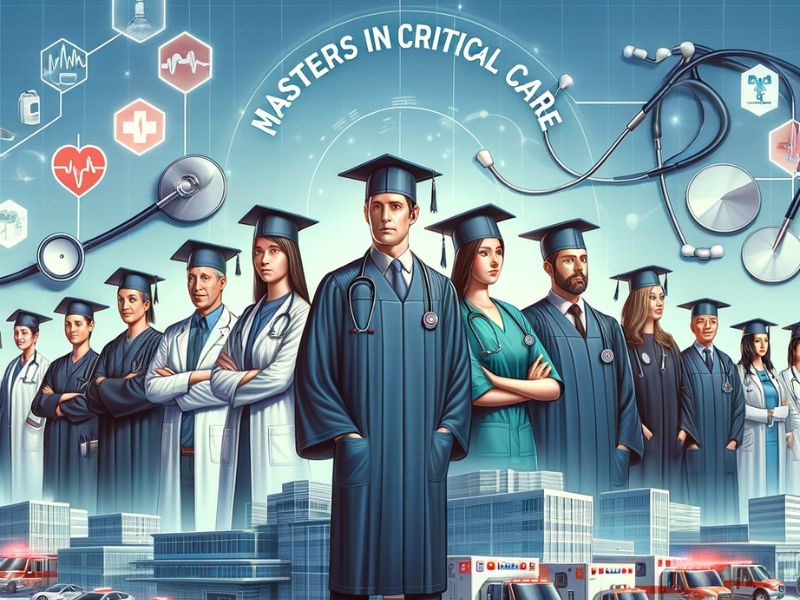
The importance of master's degrees in Critical Care Area
A Step Forward in Quality Healthcare Training
Meaning and Purpose of Critical Care Master’s Programs
Critical Care Masters programs, such as those offered by the University of Edinburgh, Cardiff University, and other European and global academic institutions, are advanced academic programs designed for healthcare professionals, including doctors, nurses, paramedics, and allied health professionals. These programs, often available online and adaptable to students’ work and family commitments, provide in-depth training in the care of critically ill patients. Through a combination of theoretical and practical modules, these courses explore aspects such as leadership, ethics, quality, and safety in critical care, as well as the psychosocial aspects relevant to the care of critically ill patients.
Benefits for Healthcare Professionals
Healthcare personnel who complete a Critical Care Master’s program acquire advanced skills in assessment, timely intervention, and ongoing evaluation necessary for caring for severely ill patients. These skills are crucial for working in high-pressure environments like intensive care units. The programs also offer professional development opportunities, preparing professionals for more advanced roles in the healthcare field. Furthermore, they enable more effective handling of the unique challenges of critical care, such as managing complex ethical situations and assisting patients with complex needs.
Impact on Patient Care
Critical Care Master’s programs not only increase the competence of healthcare staff but also enhance the quality of patient care. Professionals trained in these programs can significantly contribute to patient safety and the effectiveness of care. Additionally, advanced training can lead to improved communication among care teams and greater efficiency in caring for critically ill patients, thereby helping to enhance patient outcomes in acute and critical care settings.
Challenges and Future Opportunities
Despite the clear advantages, these master’s programs come with challenges, such as the need to balance studies with work and personal commitments. However, the flexibility offered by many of these programs, especially those available online, allows professionals to continue working while specializing. Looking ahead, Critical Care Master’s programs will continue to play a crucial role in healthcare personnel training, adapting to the changing needs of the healthcare industry and contributing to the preparation of a qualified and competent healthcare workforce capable of addressing the challenges of critical care in the 21st century.
Sources


